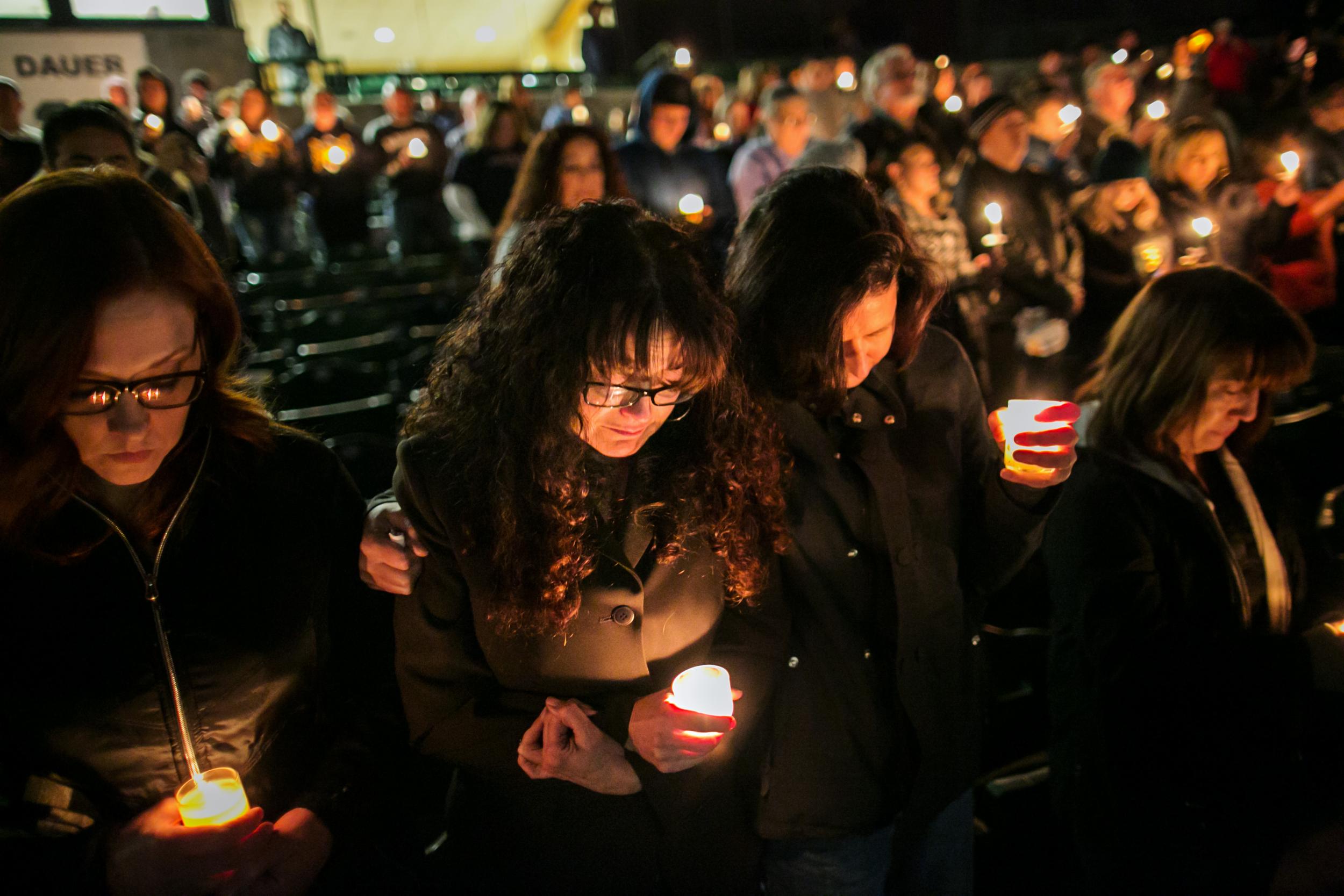People are searching 'kill Muslims' in the US following terror attacks
'If people are making expressive searches about Muslims, it’s likely to be tied to anti-Muslim hate crime'

Your support helps us to tell the story
From reproductive rights to climate change to Big Tech, The Independent is on the ground when the story is developing. Whether it's investigating the financials of Elon Musk's pro-Trump PAC or producing our latest documentary, 'The A Word', which shines a light on the American women fighting for reproductive rights, we know how important it is to parse out the facts from the messaging.
At such a critical moment in US history, we need reporters on the ground. Your donation allows us to keep sending journalists to speak to both sides of the story.
The Independent is trusted by Americans across the entire political spectrum. And unlike many other quality news outlets, we choose not to lock Americans out of our reporting and analysis with paywalls. We believe quality journalism should be available to everyone, paid for by those who can afford it.
Your support makes all the difference.The top Google search in California in the week following the San Bernardino massacre with the word "Muslims" in it was "kill Muslims".
When anti-Muslim sentiment is at its highest, for example during the controversy over the "ground zero mosque" in 2010 or around the anniversary of 9/11, hate crimes tend to also be at their highest.
According to an analysis by the New York Times of weekly data from 2004 to 2013, there is a direct correlation between anti-Muslim searches and anti-Muslim hate crimes.
While Google searches suffer from selection bias because they are not a random sample, the restriction may actualy help search data predict hate crimes.
They represent what people wonder about for long enough to ask a question and read the answers.
Susan Flake, a social psychologist at Princeton University, explained how the searches could predict future hate crimes.
"If someone is willing to say ‘I hate them’ or ‘they disgust me,'" she said, "we know that those emotions are as good a predictor of behavior as actual intent.
"If people are making expressive searches about Muslims, it’s likely to be tied to anti-Muslim hate crime."
In Britain, a spike in religiously motivated hate crime followed the terror attacks in Paris, while a YouGov poll for The Times found public support for allowing refugees to settle in Britain had slumped.
Join our commenting forum
Join thought-provoking conversations, follow other Independent readers and see their replies
Comments